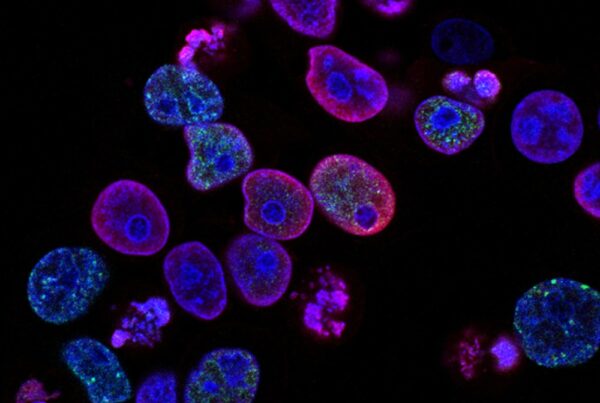
Hereditary Diffuse Gastric Cancer: What You Need to Know
December 23, 2020
Hereditary Diffuse Gastric Cancer: What You Need to Know
HDGC, or Hereditary Diffuse Gastric Cancer, is an inherited condition that increases your risk of…





Recent Comments